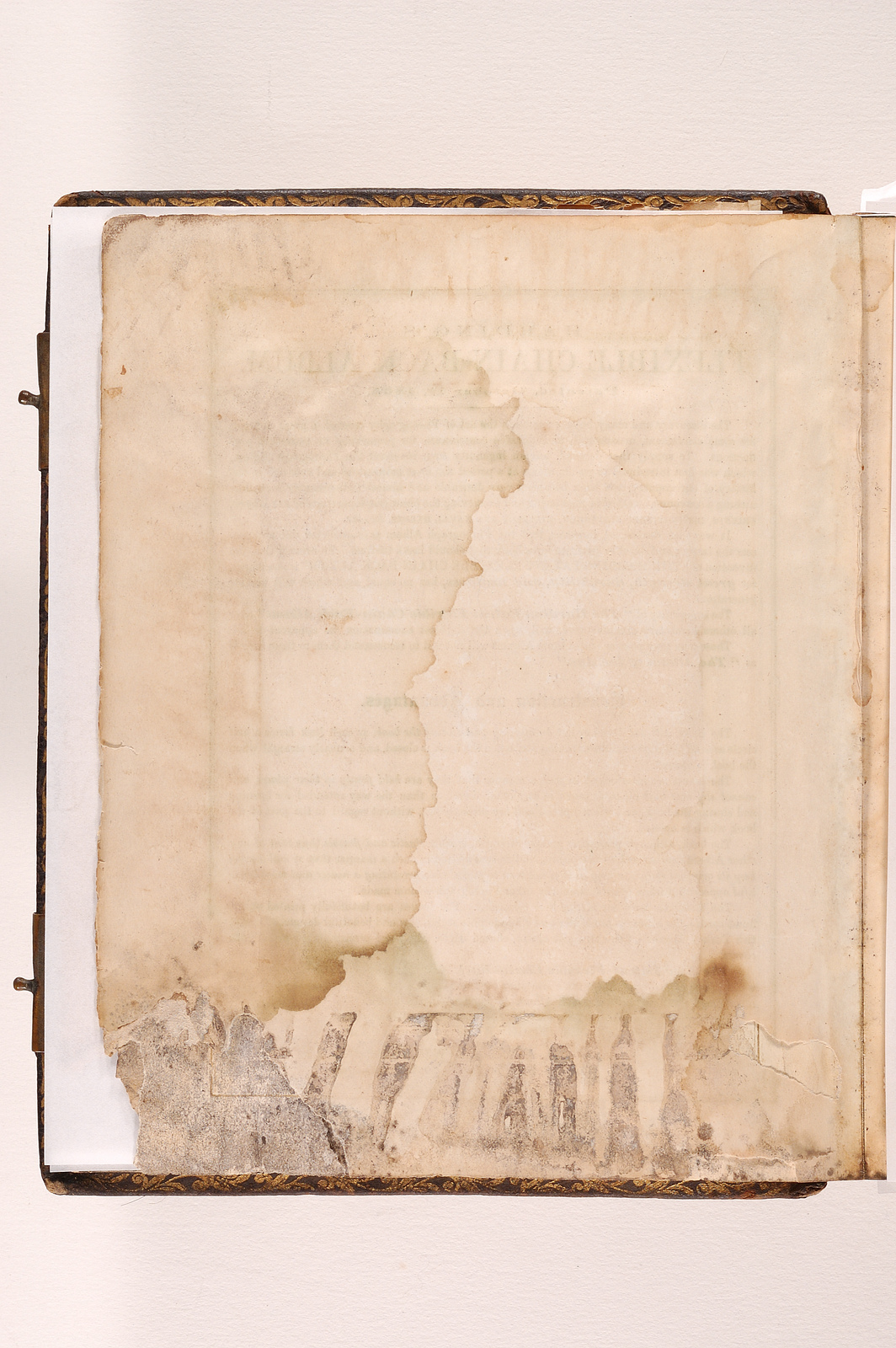It’s a writer’s worst enemy, that blank page – all empty and looming and devoid of creative spark. It taunts us with possibility. ‘What should I write?’ we ask ourselves, over and over and over again. Whether I’m writing an essay, a research paper, a journal entry, or even a blog post, I find myself at a complete loss for words.
I face the computer screen in a state of distress.

What do I want to say? Do I have anything to say? Do I have anything of merit to say? Or, conversely, how do I adequately express all my thoughts? Where do I even begin in putting my onslaught of opinion into written form?
And then I remember: it’s just a page. Blank, yes, but solitary, and – this is the most important part – conquerable. As writers, when we stare at our computer screens and wrestle with our thoughts and question our viewpoints and, at times, even question ourselves, we should always remember that we’ve written before and we’ll write again. We will vanquish the blank page! We just have to start typing.
Call it free writing, call it babble, call it stream-of-consciousness, call it whatever – just get words down on the page. For me, it can be as simple as: “I don’t know what to write.” As I expand upon that confession, maybe the words turn into coherent thoughts about my assignment. Maybe they form a complaint about writing in general, or an account of how my day is going. Once, a free write even became my grocery list!
What matters, though, is that the page is no longer empty. Whatever the words, they are filling the space, and then – somehow, through some writer magic – writing feels less intimidating. Ideas get flowing, and that pressure I’d put on myself to write perfectly and write quickly and write the best essay/research paper/journal entry/blog post ever written… diminishes.
Writing becomes something I can do.
Ernest Hemingway, in A Moveable Feast, addresses this topic far better than I ever could, and it’s the passage I reflect on every time my fingers seize above the keyboard:
“But sometimes when I was starting a new story and I could not get it going, I would sit in front of the fire and squeeze the peel of the little oranges into the edge of the flame and watch the sputter of blue that they made. I would stand and look out over the roofs of Paris and think, ‘Do not worry. You have always written before and you will write now. All you have to do is write one true sentence. Write the truest sentence that you know.’ So finally I would write one true sentence, and then go on from there.”
So do not worry, fellow writers. The page will be filled, the sentences will be composed, and you will write.

